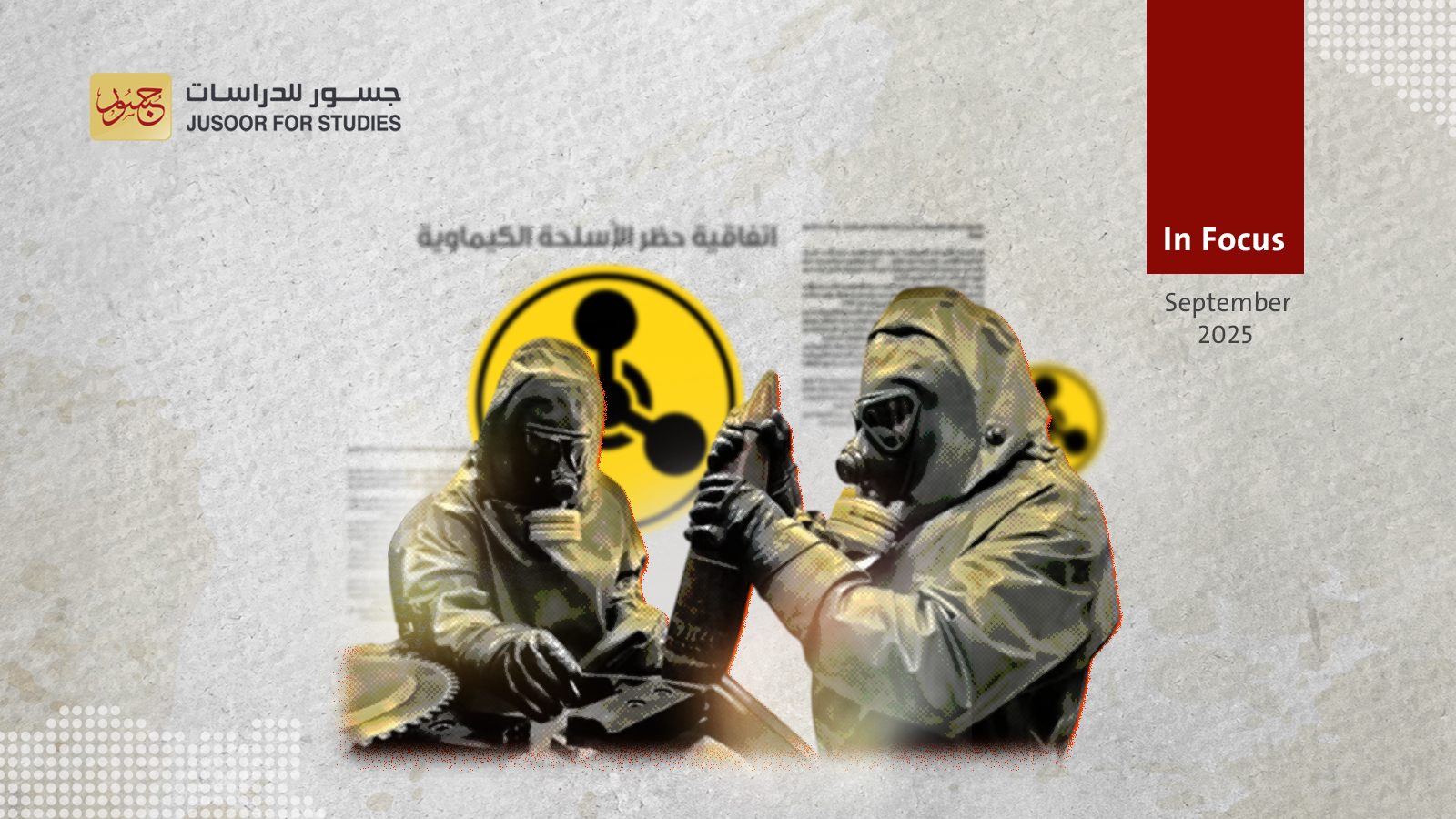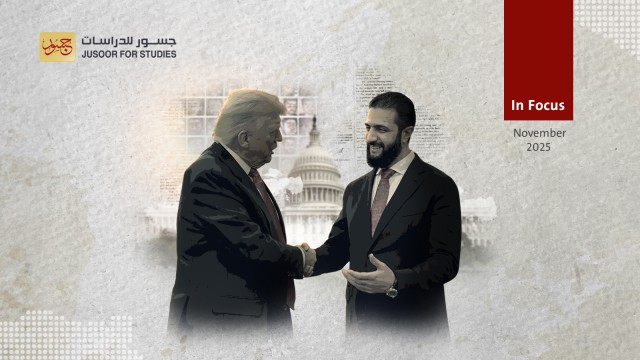Russia Sabotages Chemical Weapons Inspections in Syria
Since the fall of the Assad regime, Russia has continuously worked to undermine the work of United Nations chemical weapons investigators in Syria. This was on show most recently at a UN Security Council session dedicated to implementing Resolution 2118 (2013), which sought to eliminate the former regime’s chemical weapons program.
Since taking power in December, the new Syrian government has allowed experts from the Organisation for the Prohibition of Chemical Weapons (OPCW) to operate on Syrian territory; they have since conducted four inspection visits.
During the rule of the Assad regime, Russia justified its position by accusing the agency of politicizing its work and using the question of chemical weapons to pressure Damascus to make concessions in negotiations in Geneva regarding a political solution, notably by securing cross-border humanitarian aid access, and to shift the regime’s stance on human rights violations, the production and export of drugs, and counterterrorism.
Since the fall of the Assad regime, Russia has consistently cast doubt on the monthly reports issued by the OPCW and the findings of its inspectors. It has objected to the deployment of a permanent UN investigation mission in Syria, on the grounds that evidence could be falsified and accusations made against the former regime to settle scores. Russia also argues that, given the current political situation, the issue of chemical weapons is not a priority for the new government.
Russia argues that under the current circumstances, it is impossible to discuss the proper collection of new samples or determine their chain of custody. Syria faces a host of immediate existential problems, as the new government struggling to preserve the state’s sovereignty, independence, territorial integrity, and unity, by establishing state institutions, preparing for and holding general elections, restoring the state’s monopoly on the use of force, countering threats from terrorist groups, and rebuilding Syria’s economy.
The country is still far from stable, and the situation remains highly volatile, with ethnic and sectarian clashes, while part of Syrian territory are entirely beyond the control of its transitional authorities.
Russia has argued that any new accusation by the OPCW would lead to “insane” provocations that would undermine national reconciliation. Accordingly, it has reiterated its call for Security Council members to take into account the domestic political situation in Syria before making any decision regarding the chemical weapons issue, urging all members of the Security Council to understand this and refrain from pushing the question forward.
It is clear that Russia’s objections stem largely from the fear that its own role in building the Assad regime’s chemical weapons program will be exposed. This was most recently demonstrated by the discovery of traces of nerve gas at a previously undeclared site, and the revelation of Russia’s role in the Assad regime’s repeated use of such arms against the Syrian people, which is what led to the Security Council Resolution 2118 and moves to destroy its chemical weapons arsenal.
Furthermore, Moscow has objected to the naming and prosecution of actors and individuals responsible for using these weapons, as this could expose certain individuals who sought refuge in Russia after the fall of the regime. That in turn would put pressure on Russia to hand them over as suspects wanted by international courts.
In conclusion, Russia’s position on the chemical weapons issue is largely separate from any reported improvement in its relations with the new Syrian government, as demonstrated by the exchange of visits between the two sides. Moscow’s position is more likely related to any potential repercussions to itself, given its role in Syria’s chemical weapons program, and its efforts to prevent the implementation of U.S. and Western policies of establishing commissions of investigation and delegating them powers or duties without the full support of the Security Council.








